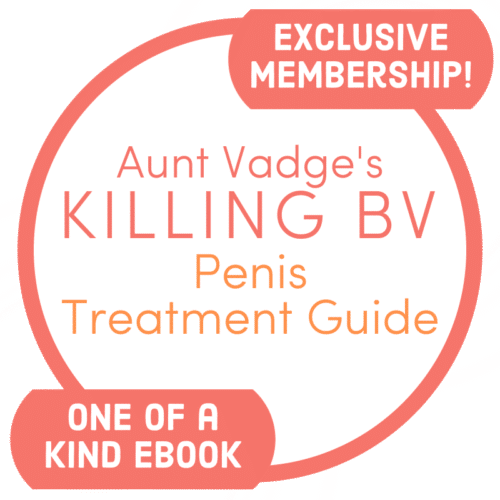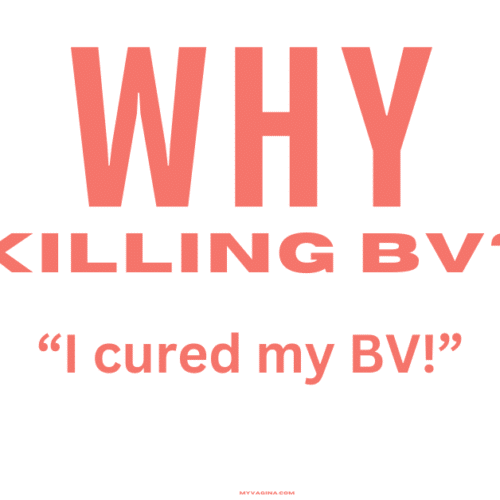Treating deep and nasty vaginal or vulvar tears
A deep and nasty vaginal or vulvar tear is a tear that is considered traumatic in nature – it’s deep, bleeds, and hurts, and can involve multiple sites of injury. These tears need urgent medical care.
The Deep and Nasty Tear
If your cut or tear is excruciating, deep, bleeding a lot, has pus or is infected (hot, inflamed and painful) or there is loose flesh, see a clinic to be examined and get stitches and medicine as soon as possible.
These types of cuts and tears are commonly caused by childbirth and sex accidents or trauma, and should be treated by your physician as a serious wound.
You cannot treat these types of tears at home. It may require surgery, so don’t wait around to see if it heals by itself, because it might heal all wrong, and you may end up with a preventable lifelong problem, funny-looking labia, and a very sad story.
Childbirth Tears
Childbirth is an obvious cause of a posterior fourchette fissure and other major tears that can include internal pelvic structures well beyond the classic tears, and can involve the perineum, vaginal walls, anal canal and labia.
The tears from childbirth are a topic of their own, as these fissures are often much fiercer and need proper medical attention (possibly stitches or other surgery) and care to help them heal properly and avoid infection. Your healthcare provider will provide information on your options.
Additionally, if you’ve had an episiotomy, you may have been ‘overstitched’, which now causes further fissuring on penetration. This needs to be addressed properly, so speak to a doctor who takes you seriously.
The Violent Tear
If you have injuries from rape or sexual assault, visit your local women’s clinic, doctor or hospital and be thoroughly examined and treated.
Sexual violence not only has physical repercussions, but deep emotional wounds, so ensure you are treated physically and get emotional support. There will be a rape crisis centre near you, support groups and online help.
What to do if you have been raped or sexually assaulted
After-care is another story
Once your wound has been cared for at the clinic or hospital, how you care for your wound also matters, though most wounds heal very well by themselves.
You need to follow the instructions given to you by your healthcare provider for your particular wound, which may include antibacterials, avoiding wetness, or special washing instructions.
Vaginal and vulvar cuts and tears that are healing can be encouraged to heal well with a vulva and vagina-friendly cuts cream.
General wound care
- Keep it clean
- Keep it dry – bacteria tend to like moisture
- Don’t irritate it with clothing
- Don’t do anything vigorous that may pop the wound open
- Do any exercises or movements (like massage) your doctor suggests to keep flesh flexible, particularly when scarring is an issue
- Keep it covered to prevent bacteria and foreign objects, if applicable
- Don’t have sex or fiddle with it – don’t interrupt the healing process (unless of course sex is part of your treatment!)





